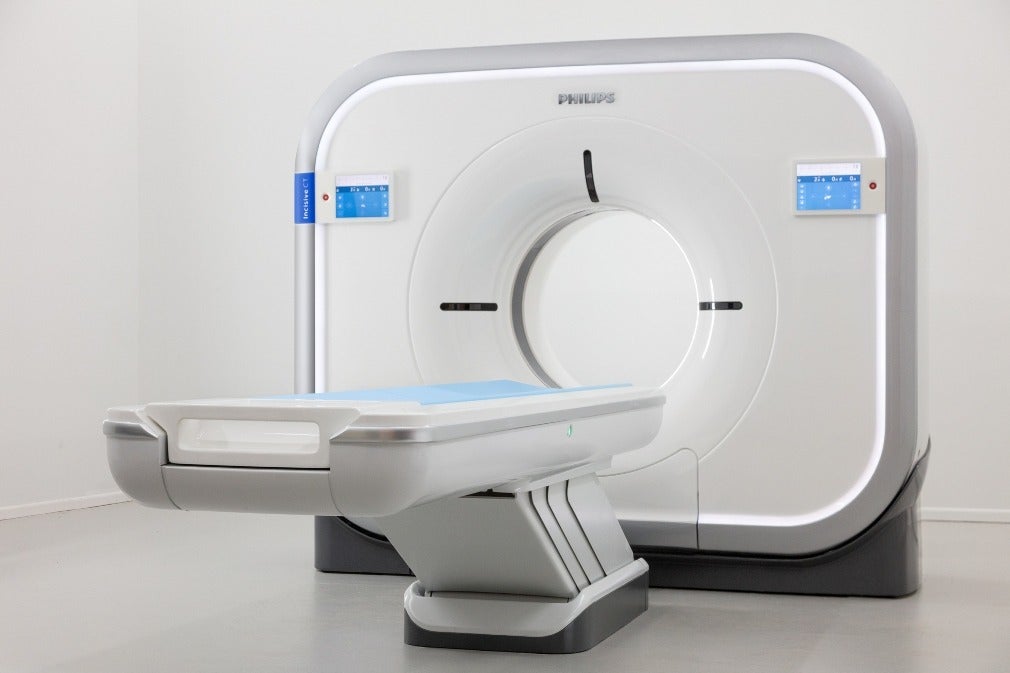
The company unveiled Incisive CT to help imaging departments and healthcare organizations meet their most pressing financial, clinical and operational goals at the 2019 European Congress of Radiology.
Philips new system is touted to integrate innovations in imaging, workflow and lifecycle management to support healthcare organizations in achieving their financial, clinical and operational goals.
The Incisive CT helps healthcare providers to manage operational costs, so more attention can be given to optimizing patient care.
The system is being offered with ‘Tube for Life’ guarantee, as it will replace the Incisive’s X-ray tube, the key component of any CT system, at no additional cost throughout the entire life of the system, potentially lowering operating expenses by about $400,000.
To reduce the cost of obsolescence, the system will be available with Philips Technology Maximizer program, which offers the latest software and hardware updates as they are released.
Incisive CT is equipped with DoseWise Portal, a web-based dose monitoring solution that collects, measures, analyzes and reports radiation exposure of patient and staff, assisting in control of quality of care, efficiency, and patient and safety of staff.
Additionally, the system features the company’s iDose4 Premium Package which includes two technologies that can improve image quality, iDose4 and metal artifact reduction for large orthopedic implants (O-MAR).
iDose4 can improve image quality through artifact prevention and increased spatial resolution at low dose. O-MAR reduces artifacts caused by large orthopedic implants. Together they produce high image quality with reduced artifacts.
The system’s 70 kV scan mode is touted to offer improved low-contrast detectability and confidence at low dose.
Philips computed tomography and advanced molecular imaging business leader Karim Boussebaa said: “Incisive CT combines a unique range of innovations that empower hospitals to deliver on the promise of value-based healthcare.
“As CT has evolved to become a key pillar of radiology practice, expectations from healthcare providers have changed. Today, a CT system is much more than just an advanced diagnostic tool. It’s a diagnostic imaging cornerstone that has to provide answers to the pressing financial, clinical and operational challenges that today’s healthcare organizations face.”






